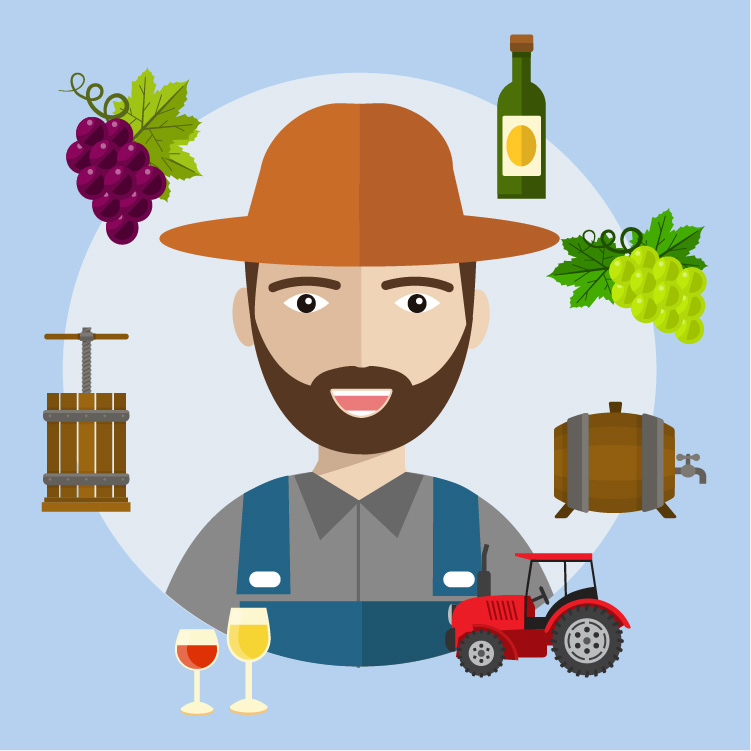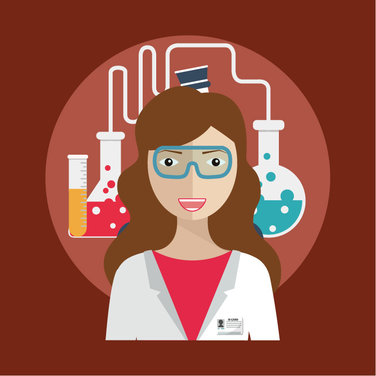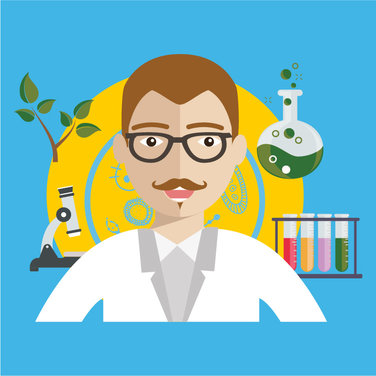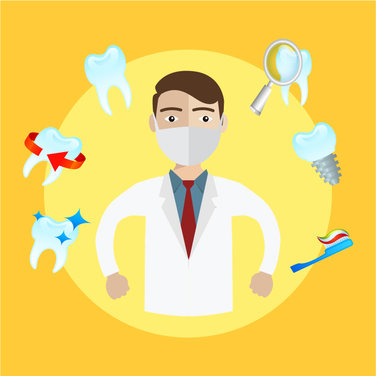By Paula Silva
Today ended the “Mostra da Universidade do Porto” that is an annual exhibition where the University of Porto schools promote their educational offer. The most repeated question made by high school students was “What can I do with that degree?”. I always answer, “All that you want”. I really believe it! Someone with cognitive and hard work capacities, can do anything with the tools acquire during the course. Joining creativity and courage, then are congregated the conditions to a brilliant career. Of course, that a personal career also depends in the networks that each one can establish.
Let me exemplify what I mean within wine work area. My hypothetical scenario involves a firm that sells wine produced in a beautiful “Quinta” (farm) next to the Douro river (of course!). It is a small and medium enterprise (SME), which is family-owned, as the most SMEs in wine industry. Winery manager has a master’s Degree in management. The main goal of the firm is to define a model for optimizing wine supply chain network, a sustainable model designed to minimizes costs, with pro-environmental objectives and that maximizes social impact. The social pressure on the wine industry to respond to issues such as the use of pesticides, water, and energy has been increasing. Therefore, winery manager must be someone with high levels of interest and knowledge about the possible economic benefits of implementing environmental management systems.
Must be someone responsible for a marketing strategy providing consumers with specifics about how their pro-environmental purchase behaviours can effectively make a difference. For example, in the back label could be written “By purchasing this bottle you saved carbon emissions”. Manager must collaborate with the designer to define visual codes for the label to typify this wine category. The effectiveness of the bottle label was discussed in the last post.
Obviously that environmental responsibility starts in the vine where the viticulture and oenology engineer apply all the practices necessary to reduce the negative effects in the environment. It will be his responsibility to: carefully choose the fungicides in accordance with agriculture practices, physicochemical characteristics of the soils and climatic and hydrogeological regimes; apply practices like soil adjustments, such as organic matter application, to improve soil quality and reduce the risks associated with leaching of the fungicides; develop approaches to pest control, such as the Integrated Pest Management, which is used to manage pest damage by the most economical means with the least possible hazard to humans and the environment. People with a master’s degree in chemical engineering must be able to develop new-generation fungicides that should be practically nontoxic, except for the target organism. Future research should evaluate the toxicity of synthetic organic fungicides and their residues to humans, this type of research could be developed by someone with a master’s in pharmaceutical sciences. Many pesticides belonging to different chemical classes are being used annually to combat weeds, insects or fungi. Pesticide residues may reach the aquatic environment through nonpoint and point pollution sources by direct run-off or leaching of these compounds or by careless disposal of empty containers or the washing of equipment after their application. Evaluation of the toxic effects in the fauna of rivers polluted by pesticides in a region with intensive vineyard cultivation must be done by someone with a first cycle degree in aquatic sciences.
Viticulture and oenology engineer has also the responsibility to produce the several types of wines, according with the market demand and the law. Regarding the latter, all the wineries firms are regulated for specific legislation that depends of winery region, such as: authorization to plant vines, varieties that are allowed, quantity and types of wine that can be produced, label obligatory indications and so on. Winery manager must consult a jurist to be informed about the laws and specific rules. Viticulture and oenology engineer taste wines with a high frequency, the firm has also the responsibility regarding risk associated with occupational exposure. Namely the effects of wine in teeth, so it is important to ensure that tasters are regularly seen by a dentist.Remember that the goal of the hypothetical firm is to define a model that maximizes the networks social impact. Society is divided regarding wine consumption, since its effects in health depend on the dose. As posted previously in this blog, habitual light to moderate alcohol intake (up to 1 drink per day for women and 1 or 2 drinks per day for men) is associated with decreased risks for total mortality, coronary artery disease, diabetes mellitus, congestive heart failure, and stroke. However, higher levels of alcohol consumption are associated with increased cardiovascular risk. Therefore, more research, is needed is this area. The team must be multidisciplinary and involve doctors, nutritionists and people master’s degree course in health education. Some the beneficial wine effects in health are attributed to polyphenols. To learn more about it, Science & Wine suggest the participation in 12th World Congress on Polyphenols Applications to be held at the University of Bonn, Germany in September 26-28, 2018.
Much more things can be sold by this firm. Besides wine, can also be sold olive oil, jams, cosmetics, vinegar and other products. In the quinta must be build a luxury hotel designed by an architect. The tourist unit they must employ people able to talk several languages and someone with a degree in sports sciences to guide tourists in sporting activities in the river and to promote nature walking.
Back to the beginning, choose to do what you love, no matter the employment statistics, university gives the knowledge and tools for your success, which will be defined by you.
This is my tribute to the past, actual and future students of University of Porto.















